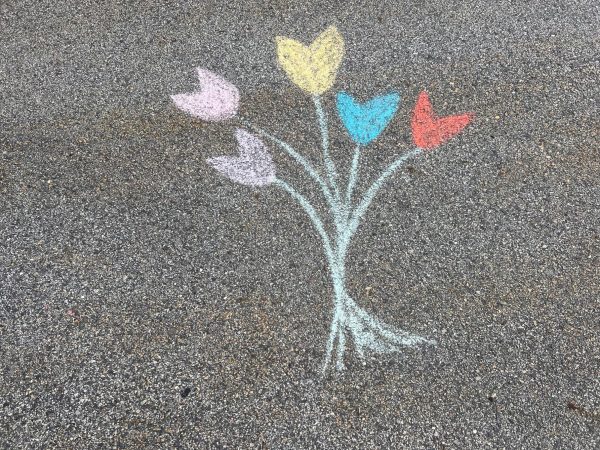A note from the Editor…
Considering this is my final “Note from the Editor” for Basement Medicine, I’m going to fill this space by addressing a topic that has affected me, many people close to me and many of you who comprise our campus and community. Yet it is also an issue that I don’t think gets enough attention and awareness at our school, and that is mental health.
As a freshly minted 29-year-old, I’ve had more time than the average-aged college student to experience mental health problems of my own and those around me. Frankly, my own battles with anxiety and depression have been primary contributors as to why I’m still working on my bachelor’s degree as I get uncomfortably close to 30. I know very, very well how difficult to damn near impossible it can be to succeed at school while dealing with anxiety and depression. I’ve dropped out of college three times and they played a significant role in each instance. It’s a vicious cycle, being too depressed to function while the anxiety of all the responsibilities you’re neglecting keeps mounting, only serving to make you shut down and sink even further into depression.
It’s completely natural and justifiable to be consumed by your own plight, feeling as though you’re all alone in this conflict with your own brain. But during my time here, it’s been astounding to me just how many of my peers are struggling in similar ways. People I care about have had to drop out to face their own battles. Some have even tried to take their own lives, while others have succeeded.
Because I transferred here and never lived on campus, I don’t have the widest of social circles at this institution. But of the people that I do know well, very few of them aren’t currently dealing with mental health difficulties. Perhaps our problems are like magnets, and that is how we became close in the first place. But I think the more likely culprit is that anxiety and depression are pervasive among our community. The transition from high school to college is a challenging one for so many reasons, and if you feel like you’re failing at it, you’re certainly not in the minority.
For what it’s worth, I feel that the close-knit nature of our campus allows people to be more comfortable disclosing such sensitive information. I’ve had numerous conversations with classmates, or even an entire class, about our individual mental health ailments. While in some cases this openness can be helpful, rarely is it enough.
I want to make it clear that by no means am I saying that NVU is neglecting our mental health. We have good, caring people at the Wellness Center, and they offer a variety of services that can be useful. But they have no way of helping any of us if we don’t seek them out. Facing your problems like that royally sucks, but I have never met anyone who got better on their own and without the support of those around them.
The bottom line is that as personal as mental health problems are, you can’t deal with them personally. We all need to do more for ourselves and for each other in this regard, and it begins with awareness and honesty about our own issues and needs. Only then can we help those who are struggling in the same vein.
If you or someone you care about at NVU needs help, the Wellness Center is a good place to start. It’s located on the basement level of Senators Hall South and can be reached at 802-635-1265.




